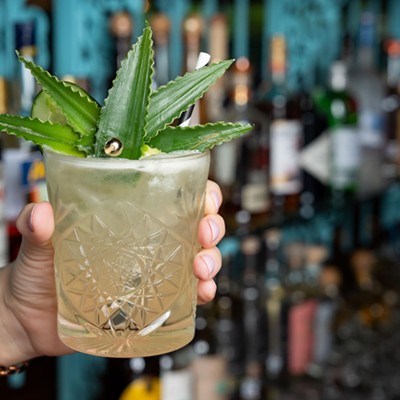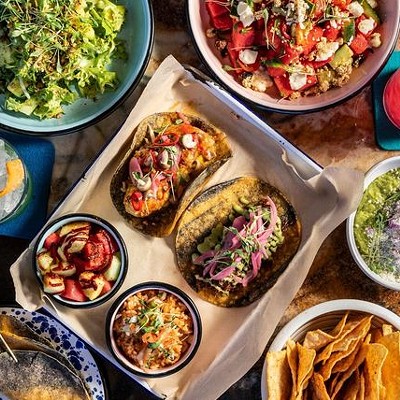In this series, we examine the history and origins of famous sweets, confections, and desserts associated with certain American states.
Mississippi was the second state whose name I learned how to spell (the first, naturally, being my home state of Pennsylvania). If you uttered the letters in a certain repetitive rhythm, their order was easy to remember: M-I-S-S-I-S-S-I-P-P-I.
I didn't actually got to Mississippi until I was a sophomore in college (Faulkner roadtrip), but I wanted to because I thought of it as home to one of my favorite chocolate desserts: Mississippi Mud Brownies. (Or "Pie" or "Cake" depending on whom you ask.)
The term "Mississippi Mud," when applied to desserts, generally refers to baked goods involving a chocolate crust or crumbs, chocolate sauce, marshmallows, and, according to some, pecans. This history of "Mississippi Mud"-style confections is, however, a bit, well, muddy.
Cursory internet research will tell you that the recipe for Mississippi Mud Pie is believed to have originated post-World War II in the kitchens of domestic cooks eager to make sweets using new-fangled packaged ingredients, such as mass-produced miniature marshmallows. The texture and appearance of the pie struck some as resembling the banks of the muddy Mississippi river, and so the name stuck.
Considering regular brownies, or any thick chocolate gooey bar dessert for that matter, also sort of resemble mud, I'm sure there's more to this story regarding why the (culinary) symbolic imaginary of Mississippi mud involves 'mallows, chocolate, and chocolate crumbs. And sometimes pecans. I gather that the chocolate crust/crumbs represents dirt, but what about the mini marshmallows? Are the pecans rocks? Or wood? Don't ask me why there would be wood chunks in a riverbank. I wish Mark Twain were alive. He would know.
Anyway, perspectives from food historians specializing in American regional bakery are very welcome.
If this article made you drool (with hunger, I hope, not boredom), try this recipe on for size.





